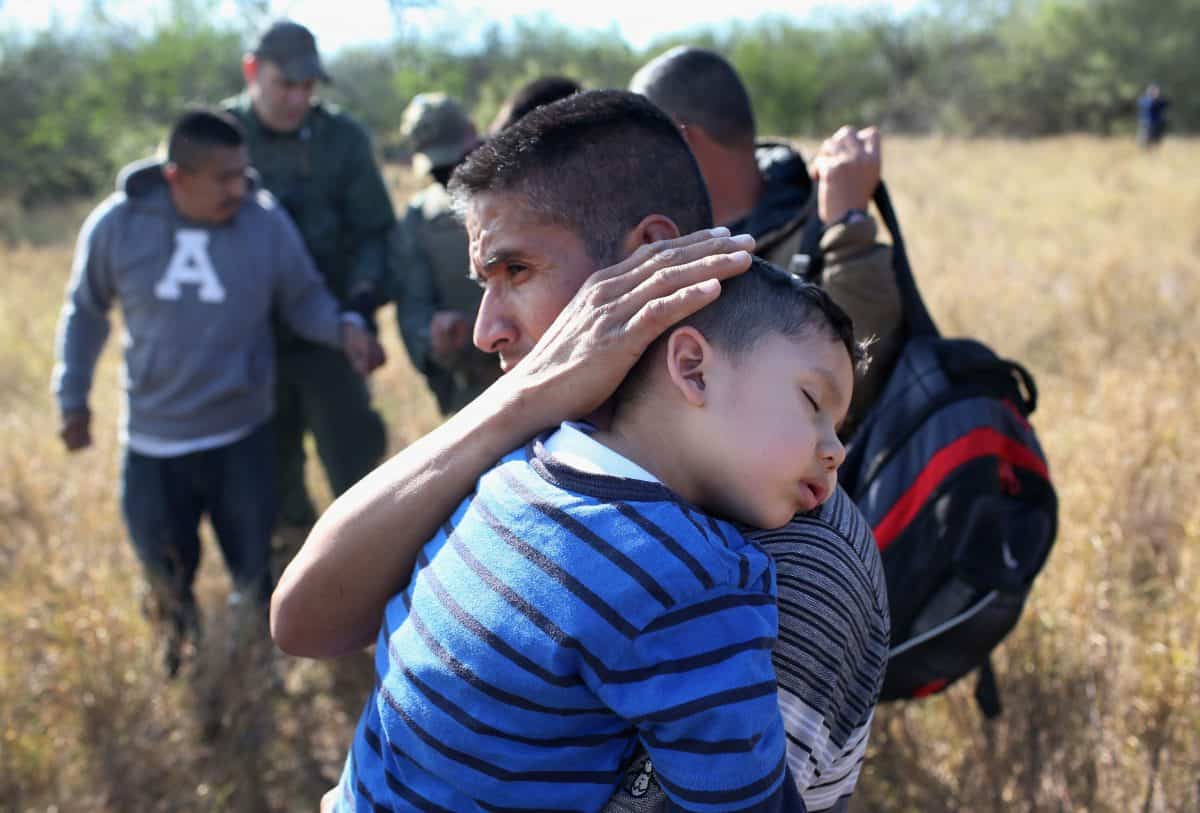Authorities from Guatemala, Honduras and El Salvador discussed this week with the interim Secretary of National Security of the United States, Kevin McAleenan, actions to contain the wave of Central American migrants, such as reinforcing the borders and carrying out DNA tests to regulate the departure of children.
Guatemalan Interior Minister Enrique Degenhart said at a press conference that “concrete results” already exist to halt migration, although talks will continue to reach definitive next steps.
He said that coordination between the four countries this year has allowed them to disrupt organized crime networks as well as improve border controls and migration regulations.
Donald Trump’s administration is pressing hard to stop the flow of migrants to the United States. The migrants mainly comprise Hondurans, Guatemalans and Salvadorans fleeing the poverty and violence that prevails in the three countries.
The meeting was also attended by the Minister of Security of Honduras, Julián Pacheco, and the Minister of Justice and Security of El Salvador, Rogelio Rivas.
Degenhart explained that the plans include strengthening border security in Guatemala and Mexico with the assistance of US agents as well as carrying out DNA tests on migrant children to determine whether they travel with their parents or relatives.
McAleenan indicated that the DNA analysis “is to protect children” from being exploited by adults who carry them thinking that being accompanied by a minor will facilitate their entry into the United States.
Although Dagenhart indicated that they seek to improve immigration laws in the region, he ruled out reforms to the so-called CA-4, an agreement that allows free movement of Salvadorans, Guatemalans, Hondurans and Nicaraguans among those countries.
“We are not criminalizing migrants but attacking the criminal structures that abuse them and that profit in a disproportionate way,” he said.
The minister said that at the next meeting of the group, in July in Washington, they will invite Costa Rica, Colombia and Panama, three countries often used by Haitian, Cuban, African and Asian migrants on their way to the United States.
“We are clear that to have an efficient process against the containment of irregular migration, we need the support of the countries that generate the migratory flow to the region, and these three countries are basically Costa Rica, Panama and Colombia,” Degenhart said.
Asked about the situation in the migrant detention centers, after an NGO revealed the sordid conditions in which more than 250 children lived in the custody of US authorities in Texas, McAleenan said his government has invested $400 million this year for medical care, blankets and food for children in those shelters.
“I can tell you that we are committed to caring for the children in our custody and the children in the region before they are put in the hands of traffickers for this perilous journey,” he said.






